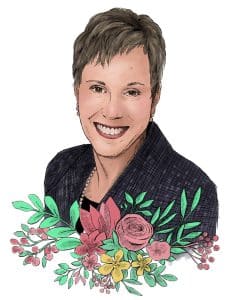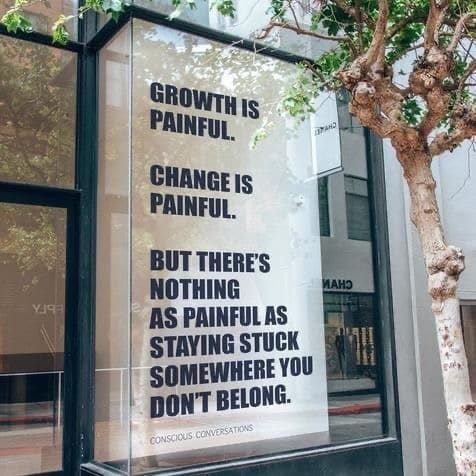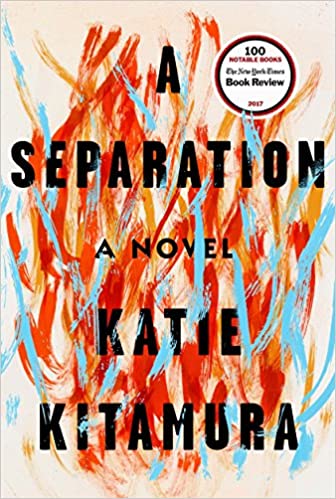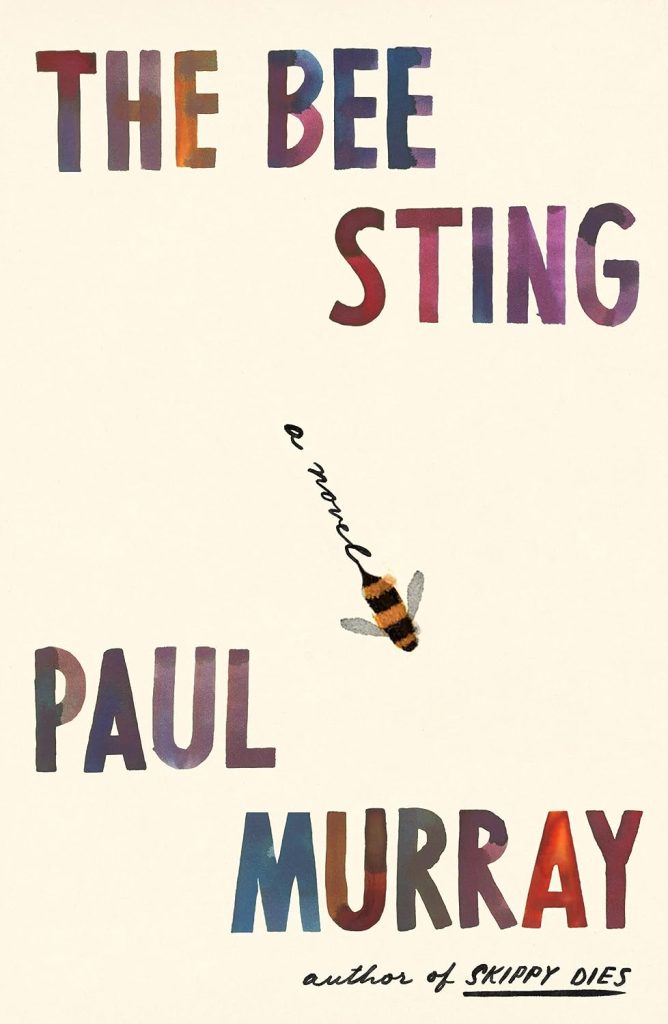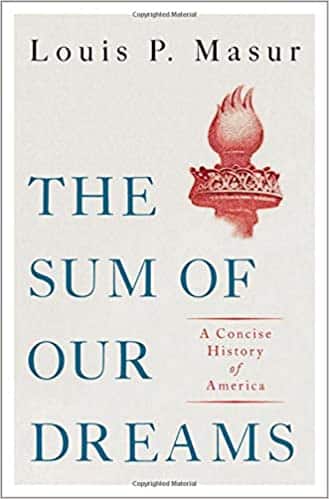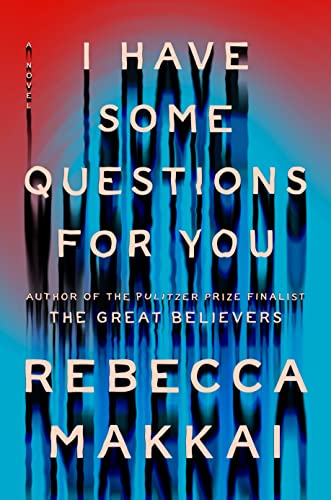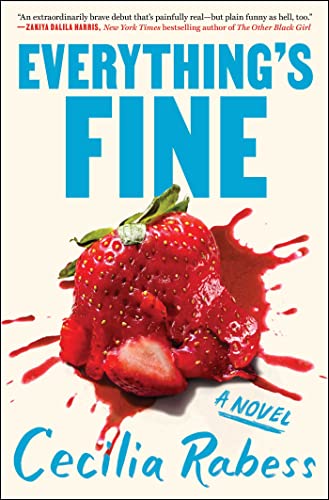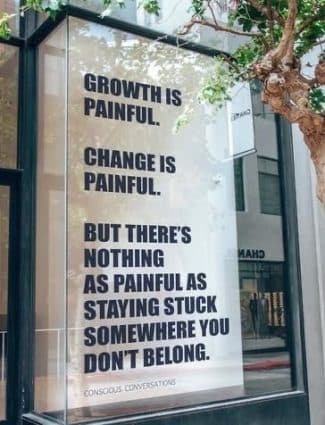
Growth is Painful; Change is Painful
Estimated reading time: 0 minutes, 51 secondsTomorrow will be a year since Jan came home for hospice care.
In our forty-seventh April, our lives changed forever.
I focused on being present for Jan and showering her with love. But my fear was how “could I live without the love of my life?”
In the last year, I have learned that the hole in my heart will never disappear, but as I engage with and assist others, it will become a smaller portion of who I am.
Neither growth nor change is easy. But I cannot stay stuck in the mud of grief.
Love never dies, and it is always more robust than grief!
When you buy a book or product using a link on this page, I receive a commission. Thank you for supporting Sharing Jan’s Love blog.


